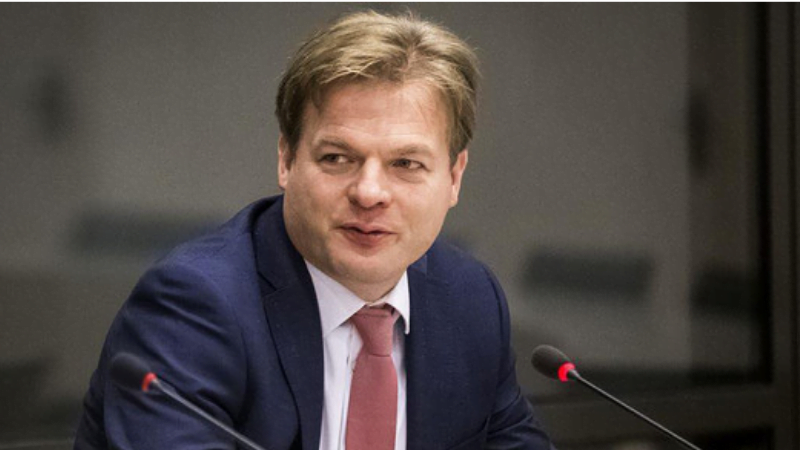Malta has failed to implement all but one of the recommendations made by Council of Europe (CoE) Special Rapporteur Pieter Omtzigt in his report, ‘Daphne Caruana Galizia’s Assassination and the Rule of Law in Malta and Beyond: Ensuring that the Whole Truth Emerges’.
At a meeting last week in Strasbourg, Omtizgt updated the Parliamentary Assembly of the Council of Europe (PACE) on Malta’s progress in implementing the 18 recommendations which were adopted by PACE with an overwhelming majority in June 2019.
Progress was only noted on one point, the “establishment of an independent public inquiry into the murder of Daphne Caruana Galizia”, and this only occurred after consistent campaigning by local and international politicians, journalists, press freedom and human rights organisations.
Rebecca Vincent, the UK Bureau Director of Reporters Without Borders, commented on the “worrying lack of progress on nearly all of the recommendations”.
Information note by the PACE Legal Affairs & Human Rights Committee shows a worrying lack of progress on nearly all recommendations of the June resolution on the assassination of #DaphneCaruanaGalizia & rule of law in Malta – apart from the public inquiry. https://t.co/zHx6vBmBBB
— Rebecca Vincent (@rebecca_vincent) November 19, 2019
Omtzigt’s Information Note detailed a complete lack of substantive progress on all other recommendations, including that the Egrant report be published in full, the strengthening of parliament and of the powers of the President, a reduction of the Prime Minister’s powers of appointment, and the publication of a road map of reform proposals, particularly with regard to changes recommended by the Venice Commission.
In his official response to the Information Note, MP Manuel Mallia continued the government’s line of attacking the messenger, accusing Omtzigt of ‘extreme bias’.
Omtzigt found that the State Advocate Bill presented to create a new office of government legal adviser (‘State Advocate’), separate from the Attorney General’s office, was “inadequate”, and that it was not sufficient to meet the Venice Commission recommendations. He also noted that out of the five bills supposed to enact judicial reform, only one had been published.
“Not everything contained in the Venice Commission opinion report lends itself to wholesale importation”, Mallia stated. He also used the fact that the Venice Commission recommendations are “not binding” as a reason for not implementing them, stating, “The issue that the Venice Commission Recommendations are ‘not binding’ was raised as a legal defence when the Government was sued by persons close to the Rapporteur for not implementing the Recommendations. That legal argument is correct.”
Omtzigt’s Information Note also reported no progress by Malta on implementing the 23 recommendations published in the GRECO report on corruption last April. The report called for important reforms in the justice system, a response to allegations against senior officials, and a crackdown on corruption and nepotism.
Malta also failed its Moneyval anti-money laundering evaluation by the Council of Europe’s panel of experts on the Evaluation of Anti-Money Laundering Measures and the Financing of Terrorism. Omtzigt noted that no progress was made in implementing the report’s recommendations.
Rather than address these claims, Mallia dismissed both points, stating, “The rapporteur has no competence to interfere with the GRECO process”, and “Again this is a matter for MONEYVAL and not for the Rapporteur.”
A similar lack of progress was reported with regard to recommendations to investigate the activities of Prime Minister Joseph Muscat’s Chief of Staff Keith Schembri, including his involvement with Yorgen Fenech’s company 17 Black, allegations that Schembri received kickbacks from the sale of passports under Malta’s ‘golden passports’ scheme, and allegations that Schembri made secret payments to former Allied Newspapers managing director Adrian Hillman.
Omtzigt also reported a lack of progress on the Panama Papers investigation, and on the investigation into the Vitals Global Health Care scandal.
The Maltese government has attacked Omtzigt for his work on a number of occasions, most recently when he raised concerns over the independence and impartiality of the board selected to conduct the inquiry into Daphne Caruana Galizia’s assassination. The Maltese government reacted with a statement in Maltese that did not address the concerns raised. Instead, the statement focused on attacking Omtzigt’s “credibility” and his “integrity”.












